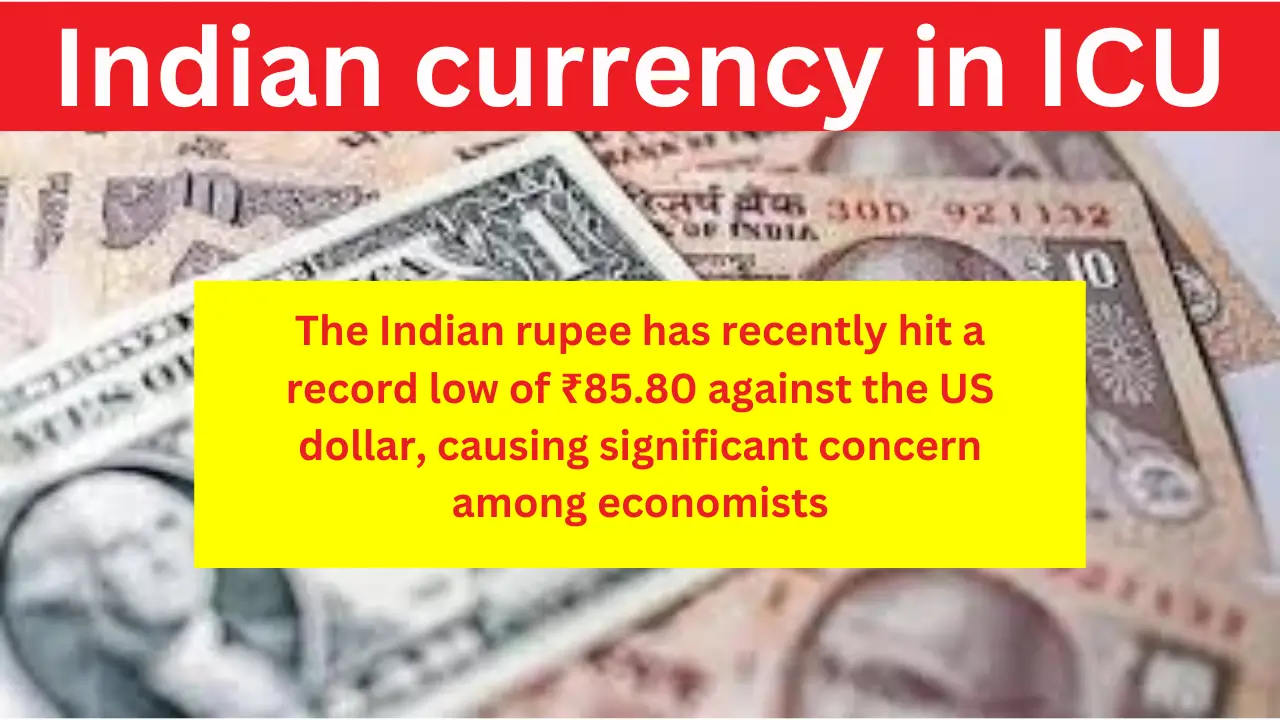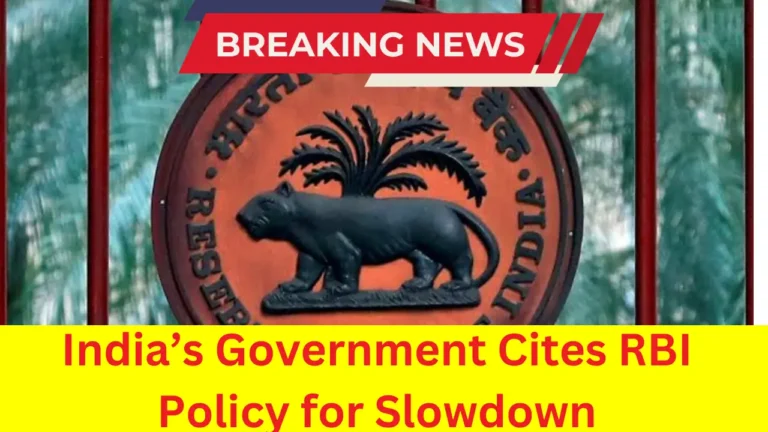The Indian rupee has recently hit a record low of ₹85.80 against the US dollar, causing significant concern among economists and policymakers. This depreciation reflects various economic challenges, including a widening trade deficit and rising global inflation. The government, led by Prime Minister Narendra Modi, has faced criticism regarding its handling of the economy during this turbulent period. In light of this situation, this article will explore the reasons behind the rupee’s decline, its implications for the Indian economy, and six notable quotes from Prime Minister Modi that resonate with the current economic climate.
Current Economic Context
Overview of the Rupee’s Performance
The Indian rupee has been under pressure for several months, leading to a series of record lows. As of December 27, 2024, the rupee has depreciated significantly:
- Current Rate: ₹85.80 per US dollar
- Year-to-Date Decline: Approximately 3%
- Recent Trend: This marks the ninth consecutive day of decline for the rupee.
Factors Contributing to the Decline
- Widening Trade Deficit: India’s trade deficit reached an all-time high of $37.8 billion in November 2024, driven by increased imports of gold and crude oil.
- Weakening Global Demand: A slowdown in global demand has negatively impacted India’s exports, while imports remain robust.
- Rising US Dollar Strength: The dollar index has surged due to rising US Treasury yields and expectations of continued interest rate hikes by the Federal Reserve.
- Capital Outflows: Foreign Portfolio Investment (FPI) inflows into Indian markets have decreased significantly, leading to further pressure on the rupee.
Economic Indicators
| Indicator | Value |
| Current Rupee Rate | ₹85.80 per US dollar |
| Trade Deficit | $37.8 billion (November 2024) |
| Inflation Rate | Approximately 6% |
| GDP Growth Rate | Projected at 6.5% for FY’25 |
Implications of a Weak Rupee
The depreciation of the rupee has several implications for the Indian economy:
Inflationary Pressures
A weaker rupee makes imports more expensive, contributing to higher inflation rates. This can lead to increased costs for consumers and businesses alike.
Impact on Foreign Investments
As the currency weakens, foreign investors may become hesitant to invest in Indian markets due to concerns about currency risk and potential returns.
Increased Cost of Borrowing
With rising inflation and a weaker currency, interest rates may increase, leading to higher borrowing costs for individuals and businesses.
Government Response
In response to the declining rupee, the Indian government and the Reserve Bank of India (RBI) are expected to take several measures:
Potential RBI Actions
- Market Interventions: The RBI may intervene in foreign exchange markets to stabilize the rupee.
- Interest Rate Adjustments: There may be discussions about adjusting interest rates to control inflation and stabilize the currency.
- Policy Reforms: The government may consider implementing policy reforms aimed at boosting exports and reducing imports.
Statements from Government Officials
Government officials have acknowledged the challenges posed by a depreciating currency but remain optimistic about India’s long-term economic prospects.
Six Notable Quotes from Narendra Modi
As India navigates through this economic challenge, several quotes from Prime Minister Modi resonate with the current situation:
- On Resilience: “India is not just a country; it is a feeling that inspires us to rise above challenges.”
- This quote emphasizes India’s resilience in facing economic difficulties.
- On Economic Growth: “We are committed to making India a $5 trillion economy.”
- Modi’s vision for economic growth highlights his focus on long-term objectives despite short-term setbacks.
- On Self-Reliance: “Atmanirbhar Bharat (Self-Reliant India) is our path forward.”
- This reflects his commitment to reducing dependency on imports and boosting domestic production.
- On Innovation: “Innovation is key to driving economic growth and creating jobs.”
- Encouraging innovation can help mitigate some challenges posed by a weaker currency.
- On Unity in Adversity: “Together we can overcome any obstacle.”
- This quote serves as a reminder that collective efforts are essential during tough times.
- On Future Aspirations: “Our dreams are big, and our determination is stronger.”
- Modi’s focus on ambition encourages citizens to remain hopeful despite current challenges.
Public Sentiment
The public sentiment surrounding the rupee’s decline is mixed:
- Many citizens express concern over rising prices due to inflation.
- Business leaders worry about increased costs affecting their operations.
- However, some remain optimistic about government measures aimed at stabilizing the economy.
Conclusion
The recent decline of the Indian rupee to ₹85.80 against the US dollar highlights significant economic challenges facing India today. Factors such as a widening trade deficit, rising global inflation, and capital outflows have contributed to this situation. While there are concerns regarding inflation and foreign investments, government responses may help stabilize the currency moving forward.
Prime Minister Narendra Modi’s quotes remind us of India’s resilience and commitment to overcoming obstacles in pursuit of economic growth and self-reliance. As stakeholders across sectors navigate these challenges, it is crucial for both policymakers and citizens to remain proactive in addressing issues related to currency stability and economic health.
Disclaimer:This article is intended for informational purposes only and does not constitute financial or investment advice. The information provided here may vary based on individual circumstances and should be verified with reliable sources before making any decisions related to economic matters or financial investments.




